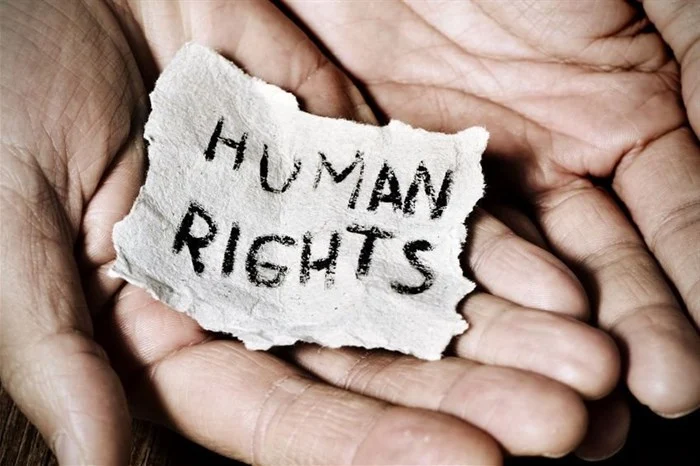21 March is Human Rights Day in South Africa, commemorating the Sharpeville Massacre, which sparked international outrage and fueled the global anti-apartheid movement.
With the fall of apartheid in 1994, South Africa adopted a progressive Constitution and Bill of Rights. The preamble to the Bill of Rights declares:
This Bill of Rights is a cornerstone of democracy in South Africa. It enshrines the rights of all people in our country and affirms the democratic values of human dignity, equality, and freedom.
Years later, the Department of Education introduced the Bill of Responsibilities, urging South Africans to "accept the call to responsibility that comes with the many rights and freedoms that [they] have been privileged to inherit from the sacrifice and suffering of those who came before [them]."
This initiative recognised the indivisible link between rights and responsibilities.
Today, as global politics shift and threaten hard-won rights worldwide, corporations play an increasingly critical role in upholding human rights by being agents of social change.
Beyond CSR
Corporate social responsibility (CSR) refers to a company’s ethical obligation to consider its societal and environmental impact. It involves efforts to contribute positively to communities while being accountable to all stakeholders.
However, CSR has evolved beyond traditional philanthropy into concepts like the shared value ecosystem, which integrates social purpose into business strategy. The Shared Value Initiative describes this as "a more sophisticated form of capitalism that brings social purpose into the boardroom, enabling businesses to lead social progress."
Taking this idea further, businesses need to move beyond compliance or accountability alone. They must become proactive agents of positive social change by ensuring that capitalism produces benefits for all.
Social change in action: Corporate strategies

Ray van der Fort, founder of Thirteen Twelve
Corporations can take specific actions to uphold human rights and drive systemic social change. Here are three key strategies:
Strategic partnerships
Collaborate with NGOs, industry peers, and community groups to address pressing social issues. Partnerships can help identify industry-specific challenges — such as environmental impact or labour exploitation — and co-create solutions that mitigate negative externalities.
Employee engagement
Foster inclusive workplace cultures that prioritise employee well-being. Address concerns raised by marginalised groups and ensure workers’ rights are protected internally. Additionally, encourage and empower employees to become partners with organisations in creating a more equitable workplace for all.
Advocacy and awareness
Use corporate influence to support policy changes aligned with community development goals. Companies can align their strategies with global frameworks like the UN Sustainable Development Goals (SDGs) or local equivalents to create measurable impact.
Fragile rights require collective action
Human rights remain fragile and require collective efforts to safeguard them. By acknowledging this and adopting these strategies, corporations can transition from traditional CSR models toward becoming proactive agents of social change. And in doing so, they not only protect human rights but also contribute meaningfully to a more equitable society.














































